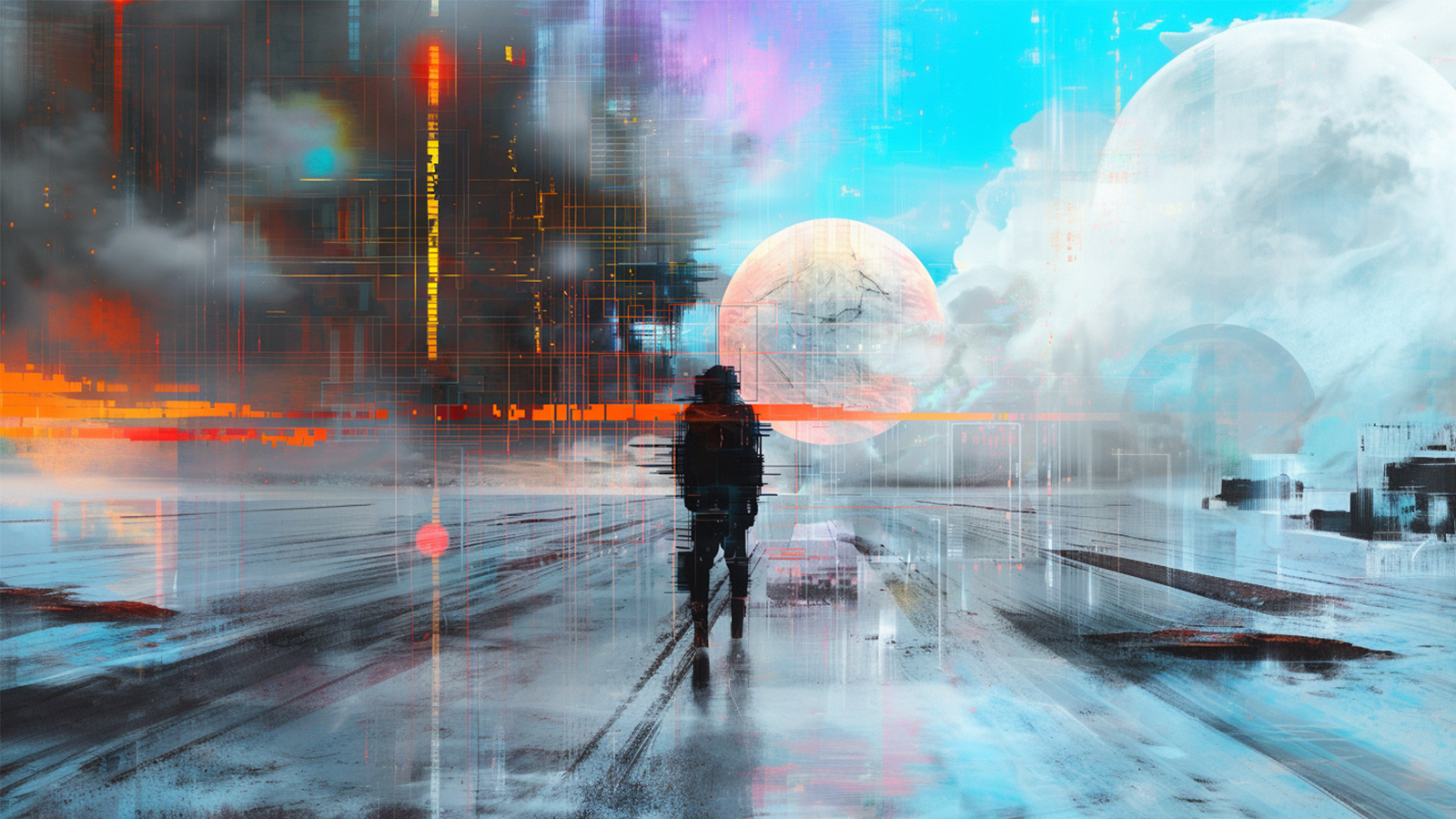Become A Supporting Member To Unlock The Full Episode
Get access to easy-to-use resources that help you learn big ideas quickly. You don’t need a lot of time to start changing your perspective and growing. Here’s what’s included:

- Full Videos & Podcasts: Experience enriching discussion that will expand your perspective
- Key Questions to Reflect Upon: We prepared some thought-provoking questions designed for your personal reflection
- Polarity Maps: Identify and understand this episode’s crucial tensions and polarities
- Full Written Transcript: Get all the key information you need, available in PDF or EPUB formats for learning on the go
- Illustrated Insight Map: Easily navigate through the core insights and takeaways
- Guided Polarity Practices: Designed to help you integrate polarity thinking into your life
In this wide-ranging discussion, Corey deVos talks to Stefan Schultz, a journalist at Der Spiegel magazine, about his model for integral journalism that he has been developing over the past few years. This model, staggering in both its depth and its breadth, examines journalism and media literacy through a developmental lens, looking at how the infosphere shapes society and how journalism can positively influence this process.
Stefan outlines the four key problem areas he sees in journalism today: frustration among reporters, dissatisfaction in audiences due to lack of perspectives/empathy/positivity in coverage, challenges for media companies in retaining subscribers, and polarization in society. To address these systemic issues, Stefan convened an interdisciplinary team to examine the problem from all angles and prototype solutions. He views journalism as one part of a larger ecosystem that also includes both the infosphere and society, where every developmental stage, from Amber to Teal, has beneficial and detrimental impacts on this ecosystem. The goal is to amplify the positive contributions of each stage while minimizing the negatives — for example, having journalists at different stages collaborate: Amber focuses on group cohesion, Orange on investigation, Green on empathy, Teal on synthesis, etc.
Ultimately, integral journalism aims to facilitate development by exposing people to more complex information, healthier discourse, and inspiration for transformation. While the infosphere has become decentralized and overwhelming, journalists can still act as “beacons” to promote greater wisdom and maturity in public dialogue. The integral model provides a roadmap for how journalism can evolve to better meet the needs of a complex world.
Chapter Timecodes
(00:00:00) Introduction and Catching Up
(00:03:48) The Four Key Problem Areas in Journalism
(00:11:18) The U-Lab Process: Rational and Intuitive Approaches
(00:24:33) The Metasystemic Map: Journalism’s Ecological Hierarchy
(00:29:07) The Evolution of the Infosphere
(00:29:07) The Evolutionary Stages of Journalism and
(00:35:06) The Shrinking Influence of Journalism
(00:42:05) Reinventing Journalism in the Social Media Age
(00:47:52) The Big Map: Journalism, Infosphere, and Society
(00:50:42) The Umber Stage: Bridging Amber and Orange
(01:02:58) Beneficial and Detrimental Contributions of Each Stage
(01:06:41) The Good, Bad, and Ugly of Green
(01:14:10) Zones of Perspective and Cross-Level Communication
(01:26:08) The Role of Journalism in the Infosphere
(01:39:55) Glue and Solvent: What Holds Society Together
(01:49:17) Conclusion and Future Directions
Related Media
Integral Journalism in the Disinformation Age
Stefan Schultz and Corey deVos
Stefan Schultz is a journalist for Der Spiegel magazine since 2008, and a student of integral theory since 2018. In this fun and far-ranging discussion, Corey deVos talks to Stefan about his own integral approach to journalism, taking a careful look at the primary methods and motivations of journalism we see at each major stage of development. They then go on to suggest what a more integral form of journalism might look like, while also exploring a number of related topics — the role of art and aesthetics in journalism, the distinction between orthodox and heterodox sources of information, the collapse of legitimacy in our media institutions, and much more.
Become a member today to watch this video presentation and support the global emergence of Integral consciousness
Membership benefits include:
Premium Content
Receive full access to weekly conversations hosted by leading thinkers

Journal Library
Receive full access to the growing Journal of Integral Theory & Practice library

Live Experiences
Stay connected by participating in Integral Life live events and discussions
Courses & Products
Get unlimited 20% discount off all products and courses from our friends and partners

Free Bonus Gifts
Download The Integral Vision eBook by Ken Wilber (worth $19 on Amazon) & The Ken Wilber Biography Series

Support of the movement
Support our mission of educating and spreading integral consciousness that is more critical than at any time in its history
About Stefan Schultz
Stefan Schultz is a journalist at Der Spiegel magazine. He is a former correspondent in San Francisco, New York and Beijing, and has done reporting and analyses from all over the world. He is a business editor with priorities on energy transition, digitalization, and China. Stefan is the author of several books, and a lecturer in multimedia storytelling. He is winner of the Ernst Schneider Prize and the Georg Holtzbrinck Prize. Stefan has been an integral student and practitioner since 2018, and lives in Germany with his wife and two sons.
Stefan studied media culture, politics and British literature in Hamburg and Lisbon (M.A.), and has done freelance work at "Hamburger Abendblatt", "Prinz", and the Portuguese daily newspaper "24 Horas". Development editor and cross-media representative for the print and TV edition of "Deutschland International".
About Corey deVos
Corey W. deVos is editor and producer of Integral Life. He has worked for Integral Institute/Integal Life since Spring of 2003, and has been a student of integral theory and practice since 1996. Corey is also a professional woodworker, and many of his artworks can be found in his VisionLogix art gallery.

